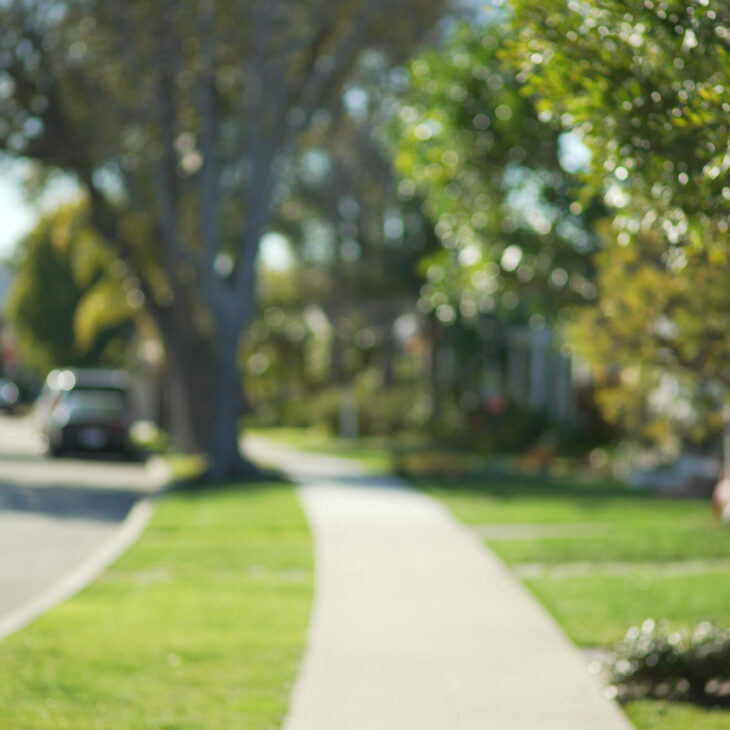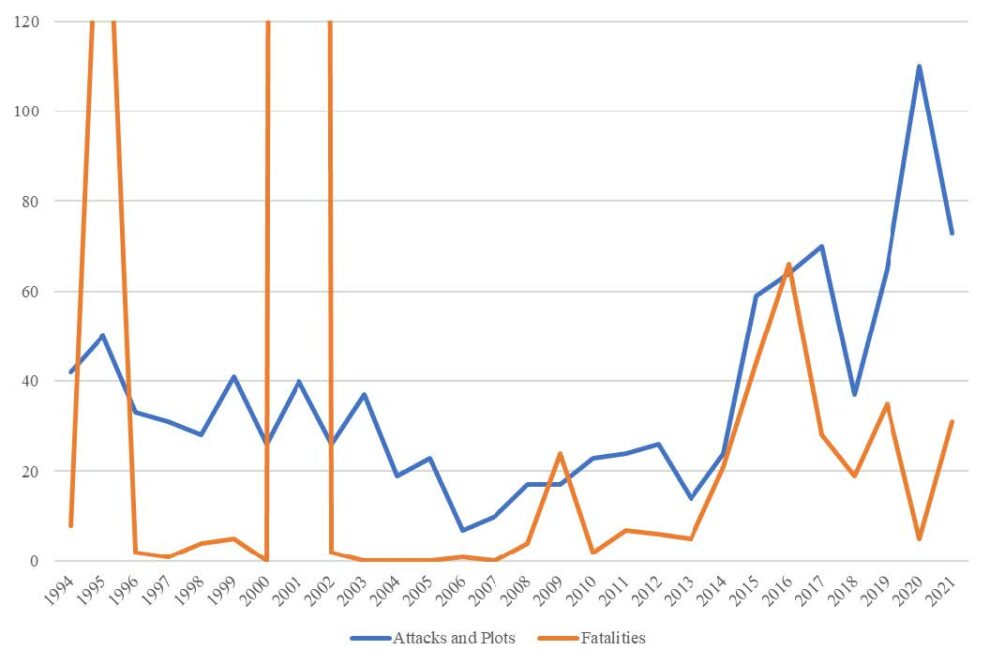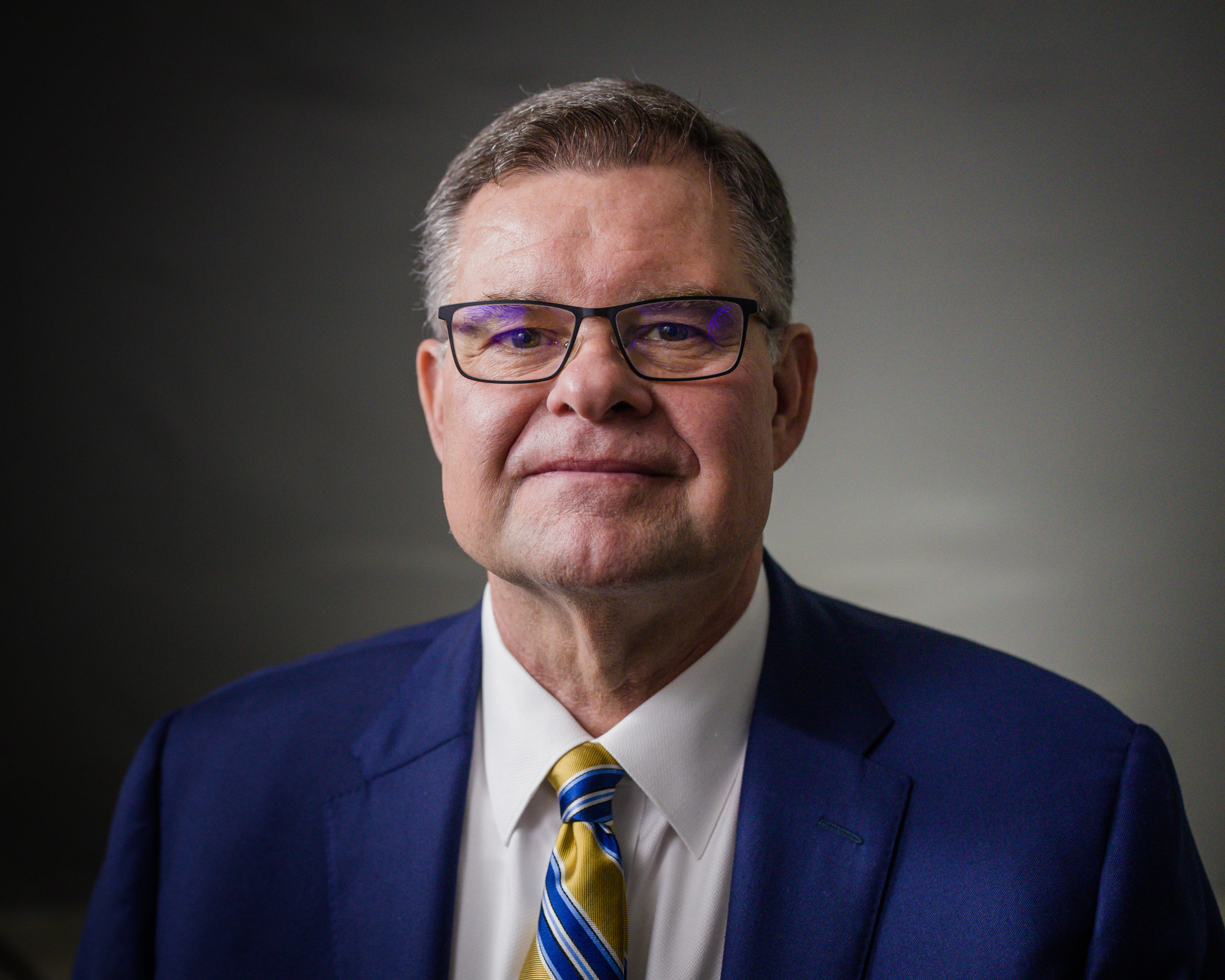Violence and Intolerance in My Backyard
August 15, 2022

Not long ago this tweet thread came across my timeline.
This suburban Dallas-area triangle has generated enough racist headlines and far-right extremists in the last two years that it’s worth exploring why. Some examples follow 🧵 pic.twitter.com/1Ezte339l2
— Brandon Friedman (@BFriedmanDC) June 13, 2022
I couldn’t stop looking at it. It’s a horrific series of incidents featuring antisemitism, racism, seditious conspiracy and the encouragement of religiously-motivated violence, and more. These events are awful enough on their face, but it quickly grabs my attention that I live in the middle of that triangle in Tarrant County, Texas. I also lead organizations focused upon bridge-building and peace-making based in the same location. As a Christian pastor I find myself asking, how is it that we can be so vicious — violent even — to those who were created by God, who are loved by Him and who have value, dignity and worth? And how is it that these are the people I drive by, whose kids went to school with my kids, and who might even worship beside me at church?
The sad truth is that these are not isolated incidents. In February of this year leadership from the Center for Strategic and International Studies testified before the House Judiciary Subcommittee on Crime, Terrorism, and Homeland Security on the topic of “The Rise in Violence Against Minority Institutions.” In their testimony they noted that they had been tracking cases of domestic terrorism since 2014, and their data revealed that 2020 and 2021 had the highest numbers of domestic terrorist attacks and plots during that time period.
Share
Related Articles
Racial Equity
Preventing and Responding to Intimate Partner Violence within Faith Communities
American Civic Life
American Civic Life
No Safe Spaces: My Faith Demands We Face the Facts About Gun Violence

Source: Data compiled by the CSIS Transnational Threats Project.
This graph that they produced demonstrates that incidents have been increasing across the country. In their testimony they went on to say that,
Government, military, and police locations and personnel were the most frequently targeted by domestic terrorist attacks regardless of perpetrator orientation. Of the total 77 terrorist attacks and plots in 2021, 29 were directed against government, military, and police targets. These perpetrators identified with a range of ideologies and movements, including the QAnon conspiracy, the sovereign citizen movement, militia groups, anarchism, anti-fascism, environmentalism, and other anti-government and anti-authority philosophies. The next most common target for violent anarchist, antifascist, and like-minded perpetrators was businesses.
In addition, white supremacists and other like-minded extremists have targeted individuals because of their racial, ethnic, religious, or political makeup—such as African Americans, immigrants, Muslims, and Jews.
So what can be done to resist? To change the narrative? To ensure that every person has the right to live their life, and express their faith, without fear of reprisal or attack? While there are certainly many things that need to happen (political, cultural, social and religious), I am most concerned about the grassroots. And I am most convinced that grassroots change will be the longest lasting change. Nothing will change unless the average person recognizes the problem, identifies that change is possible and joins together with others to help change occur. What’s more, this grassroots movement needs to be led by religious leaders. Too much of the hate is focused on various, usually minority, religious communities, and too often that hatred comes from people who use their faith as justification. We work with religious leaders in an effort to create resilient communities where hate has no home.
This matters enough to me that my team and I are currently working on specific projects, not just around the world, but in my own community. We are working together to listen to the community, to share with others what we have learned, to create collective action to address the concerns, to collaborate with faith leaders to address the concerns, to equip residents with knowledge and tools to push back against extremist behavior and create guidance and best practices that can be replicated by other religious leaders across the country.
Where you live, these extremist acts and rhetoric are happening as well. They are happening across the country. You certainly do not have to replicate our plan, but I would encourage you to unite with others who care and work to develop grassroots solutions.

Pastor Bob Roberts Jr.
Pastor Bob Roberts Jr. is the founder of GlocalNet, a ministry dedicated to mobilizing the church for transformation in the public square, and co-founder of Multi-Faith Neighbors Network (MFNN). Roberts, known as Pastor Bob, also founded and led Northwood Church in Dallas-Fort Worth, Texas, for the past 34 years. Over the past 20 years, Roberts has been a trailblazer in the multi-faith peacemaking and international religious freedom arenas, frequently being called upon by the U.S. Department of State, United Nations, U.S. Islamic World Forum, World Economic Forum, ambassadors, international royal families, diplomats, and others for his groundbreaking work in this field.



